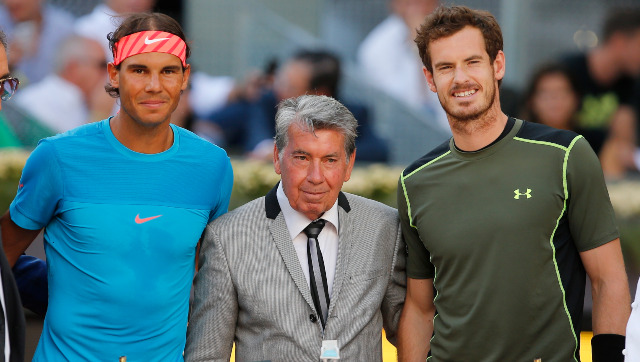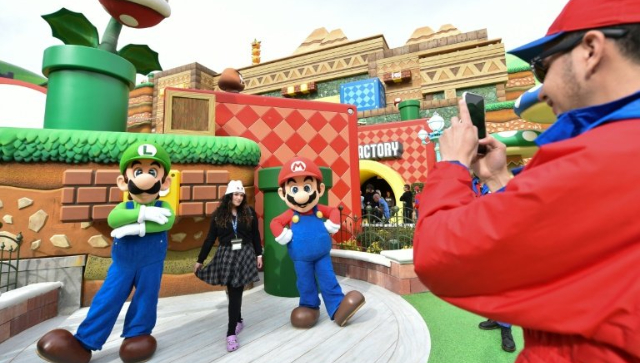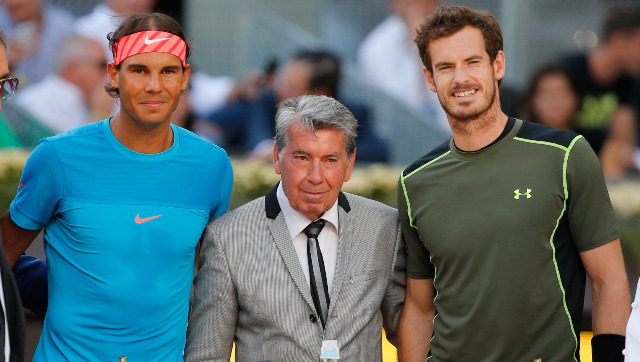One of the things my mum made me do as a child was maintain a piggy bank. Every time I had change left over or found a coin somewhere while playing, I’d diligently put it inside the bank. The problem was the piggy bank remained in my mum’s closet for safekeeping.
Angry at not being able to access money that I thought was my own, one day I caved and did something I never thought I’d do - steal my own money. I was overcome with guilt, but the few hundred rupees weren’t to buy smack, alcohol or permanent markers. I just wanted to go to a video arcade and play Mario. I wanted to beat the big kids and show them that they weren’t the only ones who could survive this dangerous, mysterious and wonderful world.
Why am I telling you about this instance of moral depravation that led to many a life lesson being learnt? Bizarrely enough to honour the memory of the recently deceased former Nintendo CEO, Hiroshi Yamauchi.
Yamauchi was the man under whose leadership Nintendo changed from being a company that made playing cards into an electronic gaming giant. If not for him, artists like Shigeru Miyamoto and Gunpei Yokoi would never have been able to create gaming franchises like Mario Bros., whose identity became almost synonymous with that of Nintendo.
If there was one game everyone in your neighbourhood played, it was Mario. I too had an instant connection with Mario because it was a typical Bollywood story i.e. a poor plumber on a desperate chase to rescue the love of his life, the rich princess, from an evil monster. He even had a brother called Luigi who nobody liked and was mostly useless, so I imagine he was like Sohail to Mario’s Salman.
A few years after my deviance, I was gifted my own game console. Everyday I’d return from school hoping to find an hour where I’d be able to play. This was a step-by-step process.
Wait for the entire family to sleep so one could access the television
Turn my Nintendo console on
See nothing but bizarre geometric boxes on television and get angry
Turn off game console
Blow into the bottom of the game cartridge
Blow into the game console
Reconnect game cartridge
Slap the top of the television just for fun
Pray and break coconut in front of television
Turn the Nintendo console on
SUCCESS!
To this day I don’t think I have had a better test of patience than when it came to playing on my Nintendo. I never questioned why Mario was stupid enough to keep knocking his head into brick walls for coins, or why he would jump on flagpoles at the end of every level and burn his crotch. All I knew was for a nerd who was terrible at sports; games like Mario provided a sense of achievement, fulfillment and in some ways, hope for the future. If you stuck with the game long enough, the good guy always won.
I wouldn’t call myself a gamer in its current socio-cultural definition, but I still spend a fair amount of time playing video games. While the size, scale and production values of studio-produced games have all been super-sized, the simplicity and charm of old-world video games that captured everyone’s imagination seems to have been lost. Like their silver screen counterparts, games are becoming more about explosions, set-piece battles and epic finales. Maybe I’m just being nostalgic, but most gamers would vouch for a completely different sense of fulfillment at the end of these retro games than their contemporary counterparts. That’s where much of Nintendo’s genius lay.
Much has and will be written about Mr. Yamauchi and where he took Nintendo during his reign.
For me, he’d always be the guy who through the likes of Shigeru Miyamoto managed to create something so compelling that it led to me to question the fabric of my upbringing, in turn teaching me valuable life lessons. Beyond entertainment, is there really any greater purpose to art?
To Mr Yamauchi, thank you for Nintendo, the Gameboy that taught me to be anti-social before Twitter, the Nintendo 64 and the Gamecube. Actually, for both our sakes, let’s just ignore that last one.


)




)
)
)
)
)
)
)
)